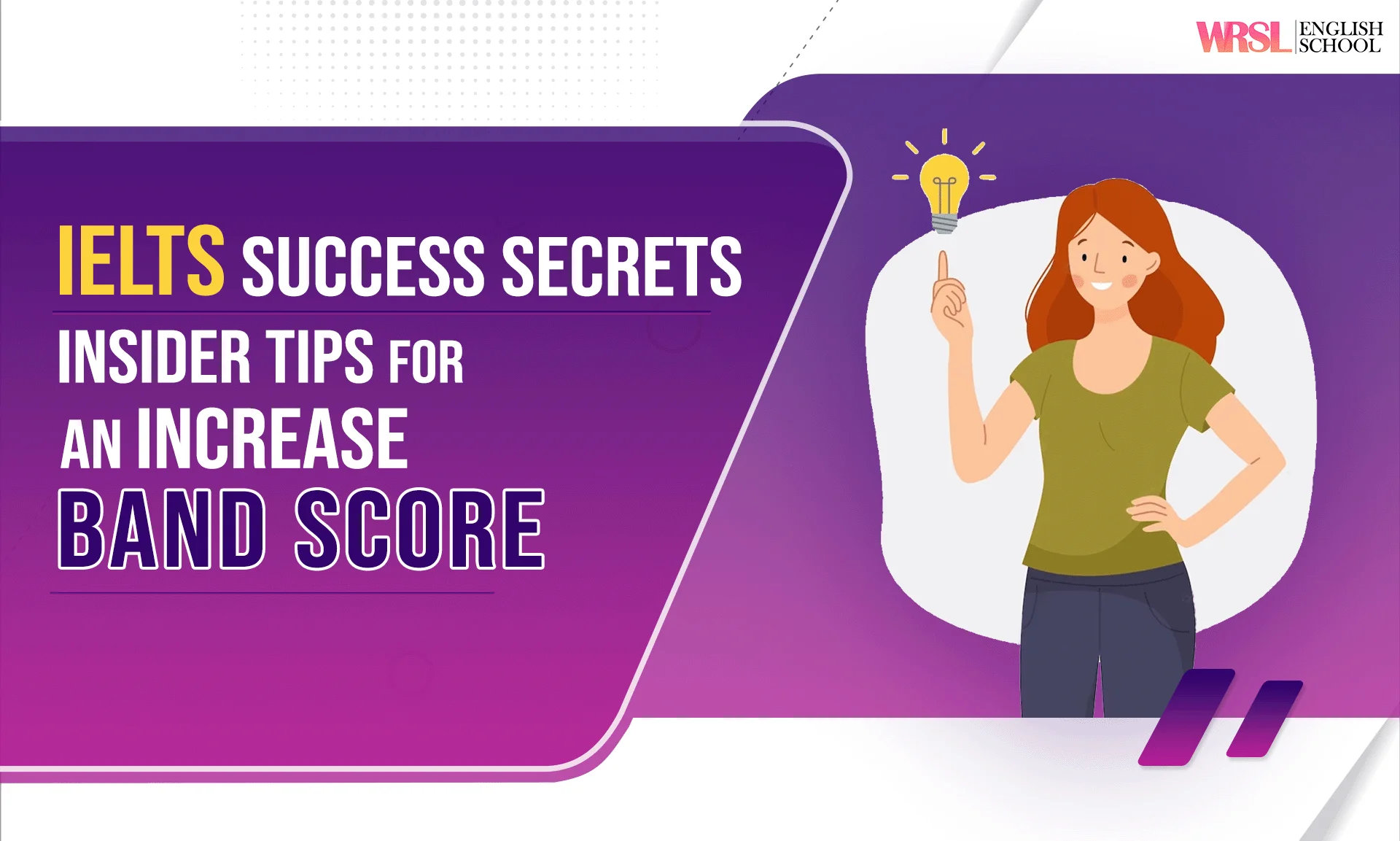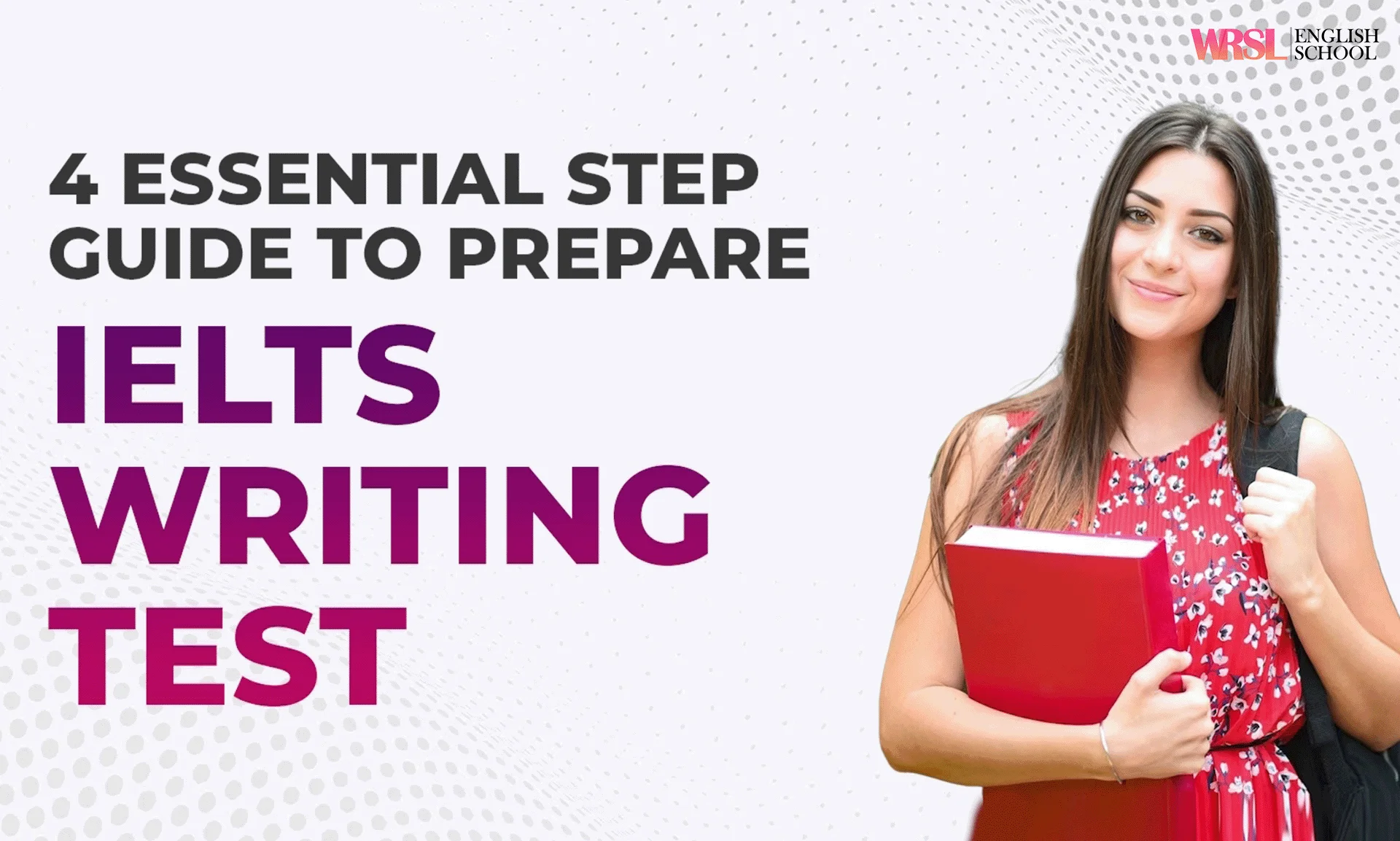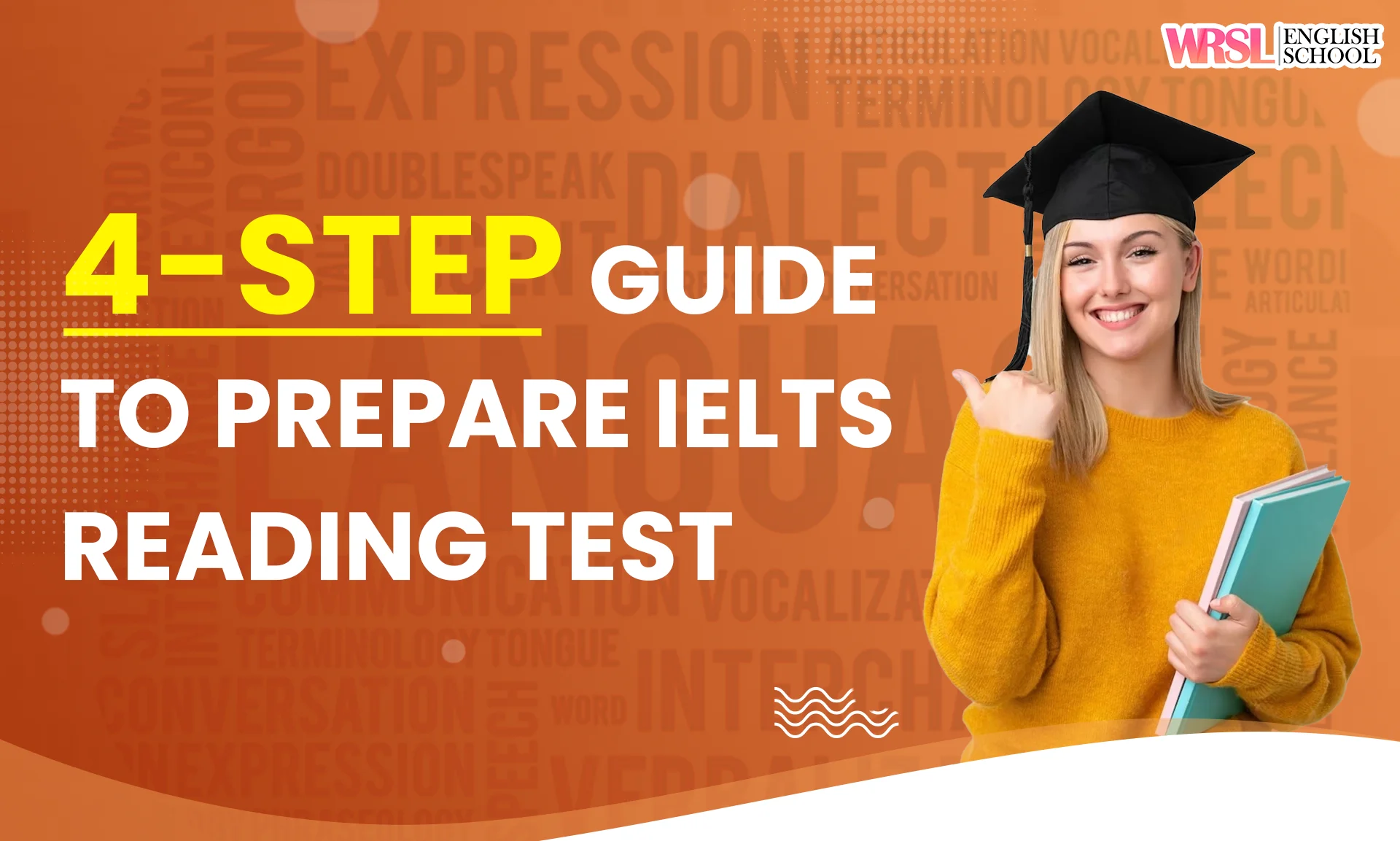Tags : ielts-study-material ielts-topics IELTS
Understand IELTS Writing Test Tasks
IELTS Writing evaluates your academic and general writing skills by combining two distinct tasks. To conquer this challenge, a systematic approach, consistent practice, and the guidance of resources like the (Writing and Reading for Successful Learning) can significantly enhance your chances of success. Let's take a closer look at each task and explore some strategies for success.
Regular Writing and Practicing with WRSL
Achieving success in the IELTS Writing Test requires theoretical knowledge and practical application through consistent practice. Regular writing practice, coupled with the resources offered by WRSL (Writing and Reading for Successful Learning), can be your passport to mastering the art of IELTS writing.
Regular practice is the foundation upon which writing proficiency is built. Just as musicians hone their skills through daily practice, aspiring IELTS candidates can refine their writing abilities through consistent effort. Regular writing sessions allow you to fine-tune your style, explore different topics, and become comfortable with various task types.
WRSL Computer-Based Practice Test for the IELTS Writing Exam
Familiarity with the digital environment, including navigation, typing, and time management, has become crucial. The WRSL computer-based practice test serves as your virtual passport, confidently guiding you through this digital terrain.
The WRSL platform acquaints you with the digital tools available during the exam. You learn to navigate between tasks, effectively manage time, and make the most of the digital interface. Writing on a computer differs from traditional pen-and-paper methods. The practice test hones your typing skills, enabling you to express your thoughts efficiently and maintain a steady pace.
Expert Advice On How to Write The Best Answer For The IELTS Writing Exam
Tapping into expert advice is paramount to rise above the ordinary and create answers that captivate examiners. Let's uncover the pearls of wisdom that can help you craft the best possible answers for the IELTS Writing Exam. Spend a few precious moments outlining your response. Divide your content into an introduction, body, and conclusion. Jot down key points, supporting details, and the order in which you'll present them.
This blueprint provides structure and prevents aimless wandering in your writing. Seasoned writers suggest beginning with a hook that engages the reader. Task 1 could involve a brief summary of the visual data's essence. In Task 2, introduce the topic with a thought-provoking statement or a rhetorical question. Your ideas should flow seamlessly, leading the reader effortlessly from one point to the next. Utilize transition words and phrases to link sentences and paragraphs, guiding the examiner through your thought process.
Closure
Remember, the IELTS Writing Exam isn't just about achieving a certain band score; it's about enhancing your language skills, expressing your thoughts articulately, and showcasing your ability to communicate effectively. Each word you write, each practice session you engage in, and each strategy you employ brings you closer to your goal.
In conclusion, the IELTS Writing Exam journey is a mosaic of understanding, practice, guidance, and dedication. You create a comprehensive portrait of readiness as you piece together each fragment. Your preparation is not just about the exam; it's about your growth as a communicator and a thinker. So embrace the challenges, welcome the learning, and remember that every step you take is a step forward on this transformative voyage.
Choosing the right institute for IELTS preparation is a crucial decision. There isn't a one-size-fits-all answer, as it depends on your learning style, preferences, and resources. Reputable institutes like the IDP, and Cambridge English offer IELTS preparation courses. Online platforms like WRSL (Writing and Reading for Successful Learning) provide comprehensive resources, including practice tests, sample papers, and expert guidance. This makes it a convenient option for those seeking flexibility and personalized study.
Absolutely! Online preparation has become increasingly popular due to its flexibility and accessibility. Various platforms offer resources, including practice tests, sample papers, writing exercises, and expert advice. WRSL, for example, provides a computer-based practice test and an array of tools to enhance your writing skills. Online preparation allows you to practice at your own pace and cater to your specific needs.
A low band score doesn't signify the end of your journey. It's an opportunity for growth. If you receive a lower score than expected, it's essential to analyze your performance. Identify areas where improvement is needed, such as vocabulary, grammar, coherence, or task response. Seek feedback from teachers, peers, or online communities. Use targeted practice sessions and resources like WRSL to refine your skills. Remember, progress takes time, dedication, and consistent effort.
The IELTS Writing Exam comprises two tasks.
Task 1: Varies between the Academic and General Training versions. For academics, candidates describe and interpret visual information like graphs and charts. For General Training, candidates respond to a scenario by writing a letter.
Task 2: Involves essay writing for both versions. Candidates express an argument, provide evidence, and present their viewpoints. Task 2 holds more weight in terms of assessment.
Trained examiners assess your writing using specific criteria. Task 1 includes task achievement and coherence, and cohesion. For Task 2, criteria include task response, coherence and cohesion, lexical resource, and grammatical range and accuracy.
Each criterion is assigned a score, then averaged to determine your final band score, ranging from 0 to 9. Each task's score is equally weighted, meaning that Task 1 and Task 2 contribute equally to your overall writing band score. Plus, the band scores are not rounded up or down. For instance, if your average score is 6.25, your final band score will be 6.0.








